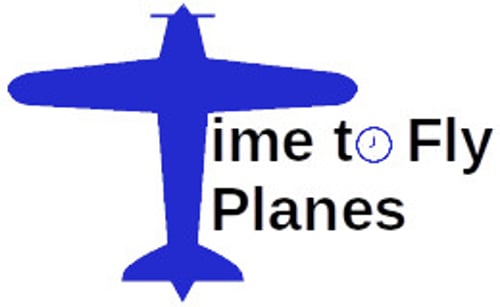Student Pilot Bill of Rights(c)
by Gary Palmer CPL-SEL, CFI, IFR, AGI, IGI
Purpose: Flight training students are entitled to certain rights and expectations from their instructors and
flight schools. The relationship between student, instructor and flight school should be equal and fair. This
bill of rights is intended to help the student understand their rights and responsibilities in that relationship.
1 Access to Student Training Status
At any time in training the student can obtain an assessment of progress. At the very least this should
indicate status in the pre-solo, solo, maneuver, and cross country phases of instruction. Student should be
able to ascertain status and progress to support realistic expectations of their status and progress.
The status would include of hours already spent in a phase, typical hours spent in each phase and note about
instructors subjective assessment of student proficiency. The typical hours should be reasonable and based
on actual experience and not ideal case or conditions. The student log includes most of this.
2 Access to Student Planning
The student should be provided sufficient materials to allow a motivated student to prepare advance reading
and simulator work. This provides student with the most efficient way to prepare for and benefit from a
lesson. This could be the whole course of study or a simple lesson plan homework so the student knows
what will be expected at the next lesson.
3 Access to Instructor
When the student has questions or problems, additional support is needed. The instructor should be available
by either telephone, email, text or other agreed upon communication method. The instructor should make
attempts to respond reasonably and the student should be aware that this utilization of instructor time might
have a cost. Boundaries should be discussed and agreed upon if necessary.
4 Scheduling of Instructor and Training Aircraft
Constant rescheduling is not in anyone's best interest. Students should have reasonable expectations of
instructor and training aircraft availability at scheduled times. Reserving aircraft and/or instructor for use,
canceled at the last moment, impacts livelihood of instructor and flight school. Student, instructor and
aircraft are all necessary for a successful lessons but any of the three might have a problem. It is reasonable
for instructors and schools to have lesson cancellation policies. That policy should also cover the student.
5 Ability to Respond to Instructor Changes
The student is entitled to consistency in flight training. If the flight school replaces the instructor not at
request of the student, the student should not be expected to pay full (or possibly any) price of a "review
flight" for the new instructor’s benefit. For student requested instructor changes, it should be discussed with
the school to determine the reason and a mutually beneficial next step.
6 Right to Materials if Leaving the School
Should the student decide to leave the flight school, the student should be allowed to take possession of all
their status and completion information. This should include completed lessons and at least the status in the
flight phases (e.g.: listed in #1 above). This assists the student if transitioning to a new school.
7 Awareness of Costs
Flight training gets expensive. A student should understand costs and cost savings alternatives available.
This includes school costs and trade-offs between airplane ownership, partnership or rental.
